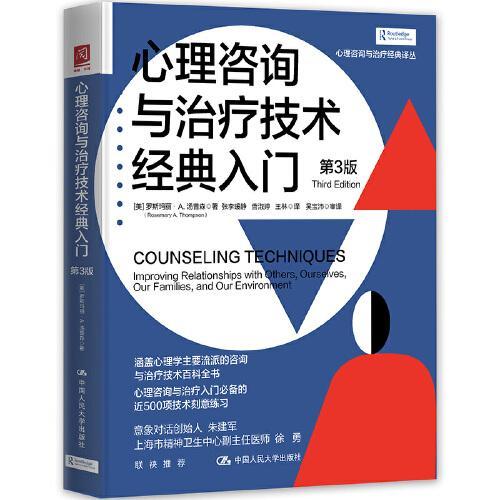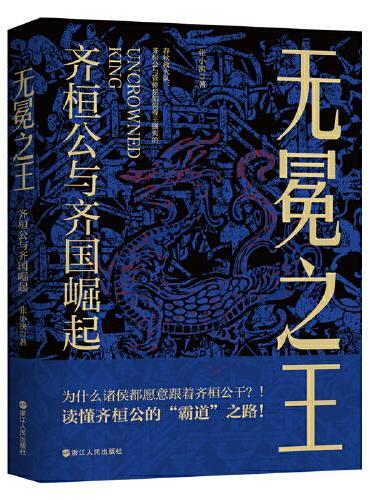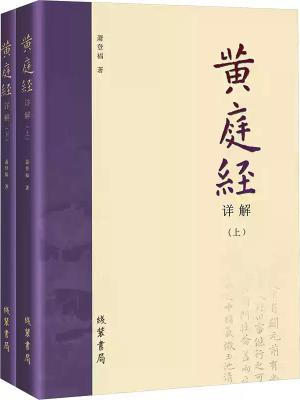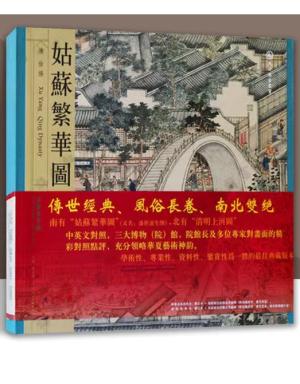The pleasure of reading the Education," wrote Alfred Kazin,
"is the pleasure of reading a work of literature made up,
literally, from historical facts . . . It is the pleasure of seeing
history come alive, of seeing it move, of seeing behind history to
the actions and actors. It is the pleasure of seeing revealed the
humanity so often concealed in history.
His political ideals shaped by two presidential
ancestors--great-grandfather John Adams and grandfather John Quincy
Adams--Henry Adams was one of the most powerful and original minds
to confront the American scene from the Civil War to the First
World War. Privately printed in 1907 and published to wide acclaim
shortly after the author''s death in 1918, Adams''s Education is less
a memoir and more a work of brilliant history which charts the
great transformation in nineteenth-century American intellectual
life. A work of profound lyricism, enormous humanity, and
remarkable prescience, The Education of Henry Adams presents a
world poised between the certainties of the past and the uncertain
possibilities of the future.
Its whimsical humor, its detached way of presenting its subject
of the history--who is always referred to in the third person in
this autobiography--its charming, tender, vivid portraits--all
these are irresistible as matters of readability and as features of
the author''s literary style," proclaimed the New York Times Book
Review in 1918.
|










